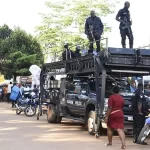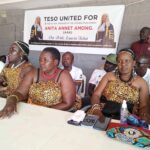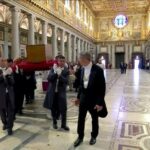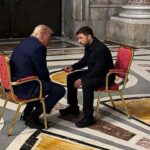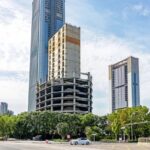A day after the Democratic Republic of Congo’s army claimed to have foiled an attempted coup involving several Americans and a British man, the capital city of Kinshasa is abuzz with questions regarding the attackers’ motives and their ability to access key government sites.
The attempted coup unfolded early Sunday morning near the residence of Economy Minister Vital Kamerhe in the northern Gombe area of Kinshasa.
The assailants, reportedly bearing flags of Zaire, the former name of the Democratic Republic of Congo under Mobutu Sese Seko, then advanced to the Palais de la Nation, the office of President Felix Tshisekedi. Media sources have identified the attackers as members of the New Zaire Movement, a group associated with Christian Malanga, a formerly exiled DR Congo politician who has since acquired American citizenship.
During a livestreamed broadcast amidst the attack, Malanga directly threatened President Tshisekedi and Minister Kamerhe, accusing them of committing numerous “foolish acts” against the country. This has left many in Kinshasa questioning the depth of the group’s support and the extent of their planning and coordination.
The events have sparked significant concern and speculation within the city. Residents and analysts alike are eager for answers on how the attackers were able to get so close to such high-security locations and what their long-term objectives might have been. The involvement of foreign nationals, especially those with American and British ties, adds an additional layer of complexity to the incident, prompting both local and international scrutiny.
As authorities continue their investigation, the nation remains on high alert, and the international community watches closely for developments.
The foiled coup attempt has underscored the volatile political climate in the Democratic Republic of Congo and the ongoing challenges facing its leadership.


